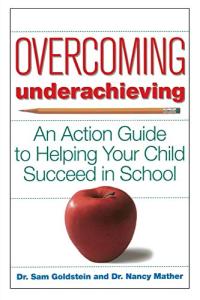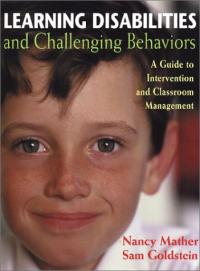
Raising Resilient Children: Fostering Strength, Hope, and Optimism in Your Child
In this practical handbook for parents, clinical psychologists Brooks and Goldstein draw on their considerable experience working with children and families to demonstrate that parents’ core goal should be to instill in their children a sense of inner recourse. “A resilient child is an emotionally healthy child, equipped to successfully confront challenges and bounce back from setbacks,” they contend, and to this end they provide 10 parenting “guideposts” for nurturing the kind of resilience that helps children thrive.







